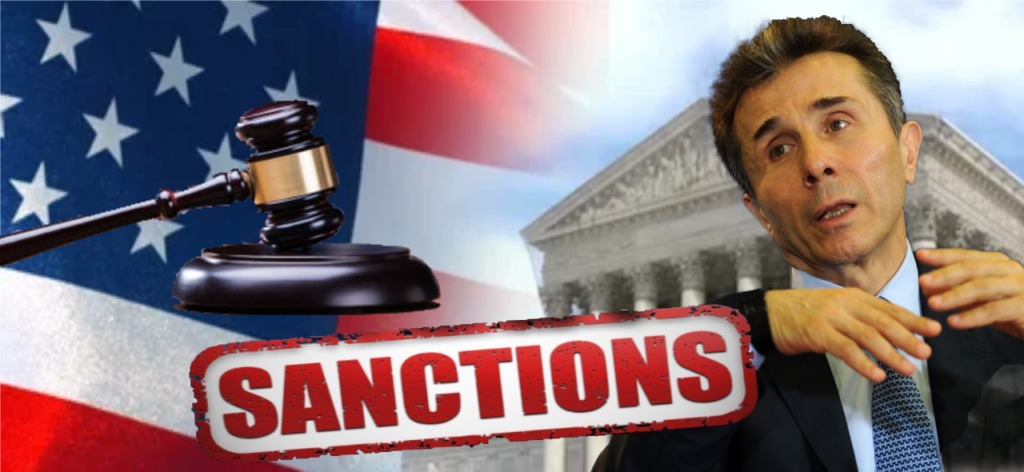Table of Contents

U.S. Sanctions on Georgian Leader Bidzina Ivanishvili Over Alleged Russian Influence
The United States has imposed sanctions on Georgian billionaire and former Prime Minister Bidzina Ivanishvili, accusing him of undermining democracy and aligning the country with Russian interests.
Key Allegations Against Ivanishvili
- Ivanishvili is described as the de facto leader of Georgia, exerting significant control through his Georgian Dream party.
- U.S. Secretary of State Antony Blinken stated that Ivanishvili’s actions undermine Georgia’s democratic processes and benefit Russia.
- The sanctions include freezing any U.S.-based assets belonging to Ivanishvili.
Georgia’s Political Shift Toward Russia
- Ivanishvili, who built his fortune in Russia during the 1990s, has overseen a pivot away from pro-Western policies.
- Under his leadership, Georgia froze its European Union membership talks until 2028, sparking widespread protests.
- Georgian Dream is accused of promoting authoritarian governance and implementing policies inspired by Russian practices.
Domestic Reactions to Sanctions
- Prime Minister Irakli Kobakhidze criticized the sanctions, calling them “blackmail” and suggesting they were punishment for Georgia’s efforts to avoid conflict with Russia.
- Opposition leaders welcomed the sanctions, viewing them as a victory for democratic movements. Giorgi Vashadze, a leader in the opposition United National Movement, hailed the decision as a response to public protests.
International Responses
- Ukrainian President Volodymyr Zelensky applauded the sanctions, asserting that Ivanishvili’s actions bring Georgia closer to Russian influence, jeopardizing regional stability.
- Zelensky emphasized that the erosion of democracy in Georgia poses a threat to neighboring countries.
Crackdown on Protests and Civil Liberties
- Recent protests against government policies have led to over 400 arrests, including opposition politicians.
- Georgian Dream has introduced controversial laws on “foreign agents” and LGBTQ+ rights, which critics view as restrictive and influenced by Russian policies.

Historical Context of Georgia-Russia Relations
- Georgia and Russia have a complex history, including a five-day war in 2008 and ongoing disputes over the breakaway regions of Abkhazia and South Ossetia.
- Diplomatic relations between the two countries remain severed, although Georgian Dream has maintained pragmatic ties with Moscow.
Election Controversies and Political Uncertainty
- The October elections gave Georgian Dream nearly 54% of the vote, but opposition parties allege widespread fraud.
- President Salome Zourabichvili, a critic of Georgian Dream, refused to recognize the election results and plans to remain in office despite the election of her successor, Mikheil Kavelashvili.
Conclusion
The sanctions against Ivanishvili highlight growing tensions between Georgia and Western allies over the country’s democratic trajectory and ties to Russia. The situation underscores the challenges Georgia faces in balancing its historical ties with Russia and aspirations for Euro-Atlantic integration.